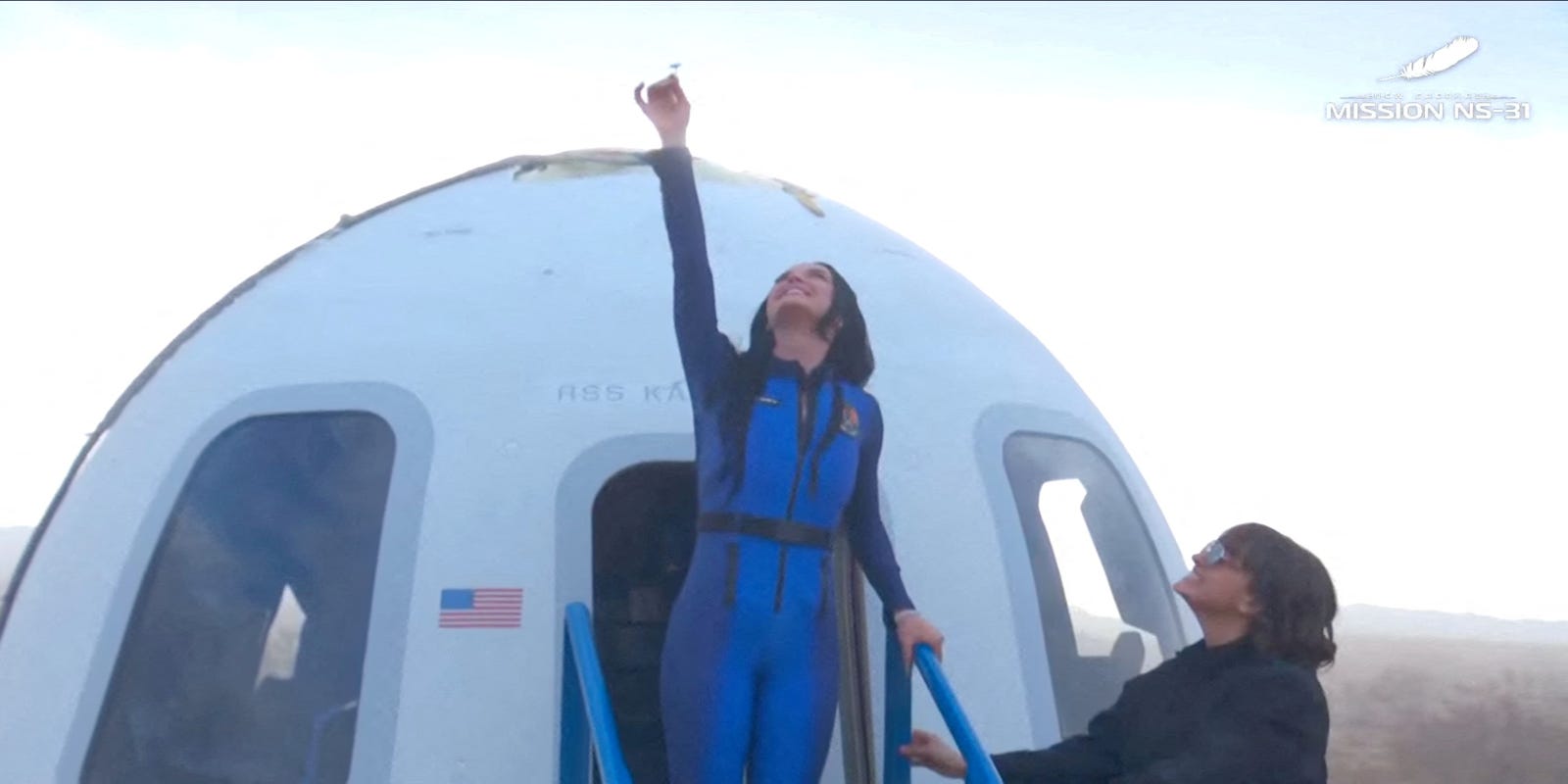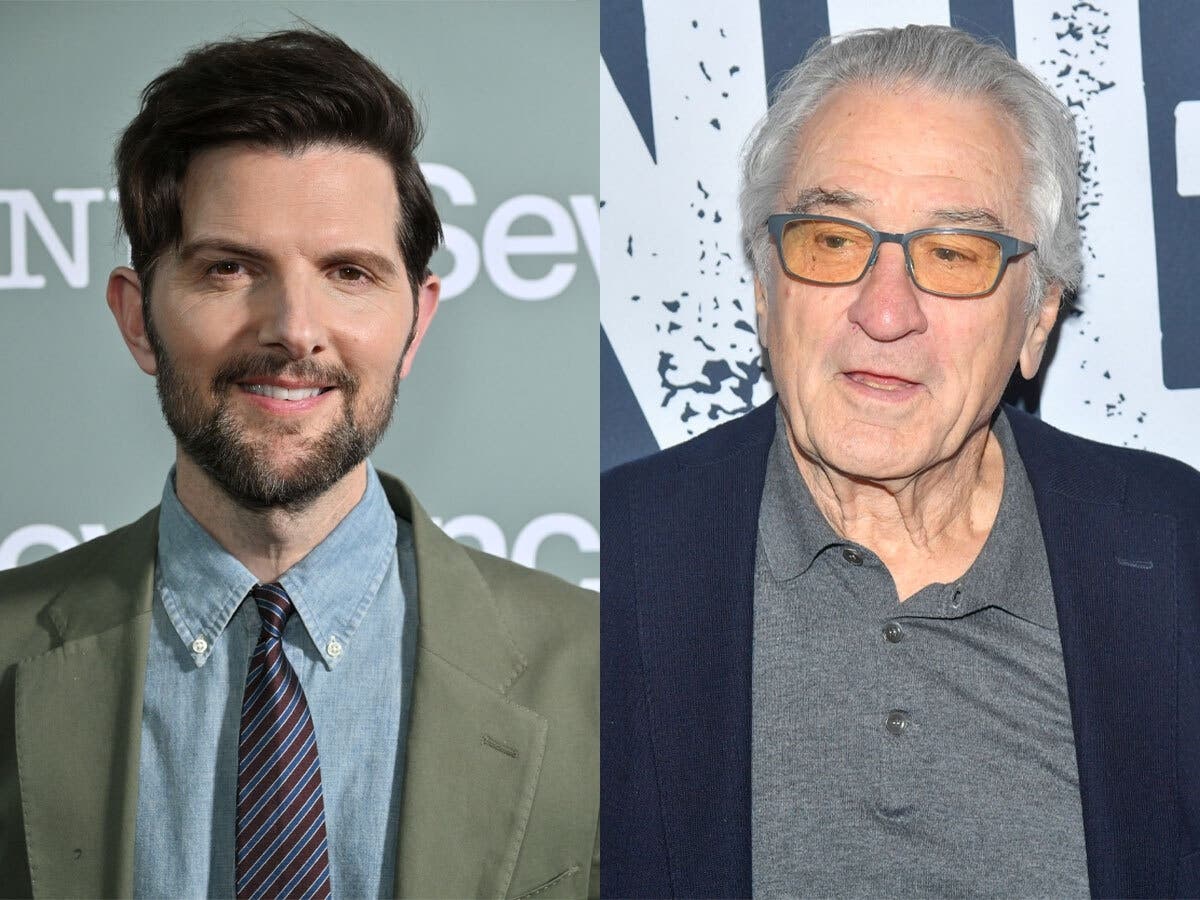Hollywood's Cultural Crossfire: Stars Take Sides in Israel-Palestine Film Standoff

The call for film workers to support Palestine is far from a novel concept. In fact, solidarity movements advocating for Palestinian rights have deep historical roots that predate the establishment of the State of Israel. These longstanding efforts reflect a complex narrative of resistance, cultural awareness, and international solidarity that has evolved over decades.
Throughout history, artists, activists, and workers across various industries have consistently raised their voices to highlight the Palestinian struggle. The current movement among film workers is simply the latest manifestation of a long-standing tradition of global support and advocacy for Palestinian human rights and self-determination.
By continuing this historical legacy of speaking out, film workers are joining a rich tradition of international solidarity that seeks to amplify Palestinian perspectives and challenge systemic injustices. Their actions are part of a broader, ongoing dialogue about justice, representation, and human rights that extends far beyond the contemporary moment.








